World War II was a difficult time for many, and many of the soldiers who were involved in the war went through crimes and punishments that they didn’t deserve to go through.
256 black sailors are just a handful of those who were unfairly treated. However, it now seems that they are being cleared of any blame they received from an explosion that killed around 320 people, which is something many are saying was done due to racial biases at the time.
WWII Is Faced With Many Mysteries
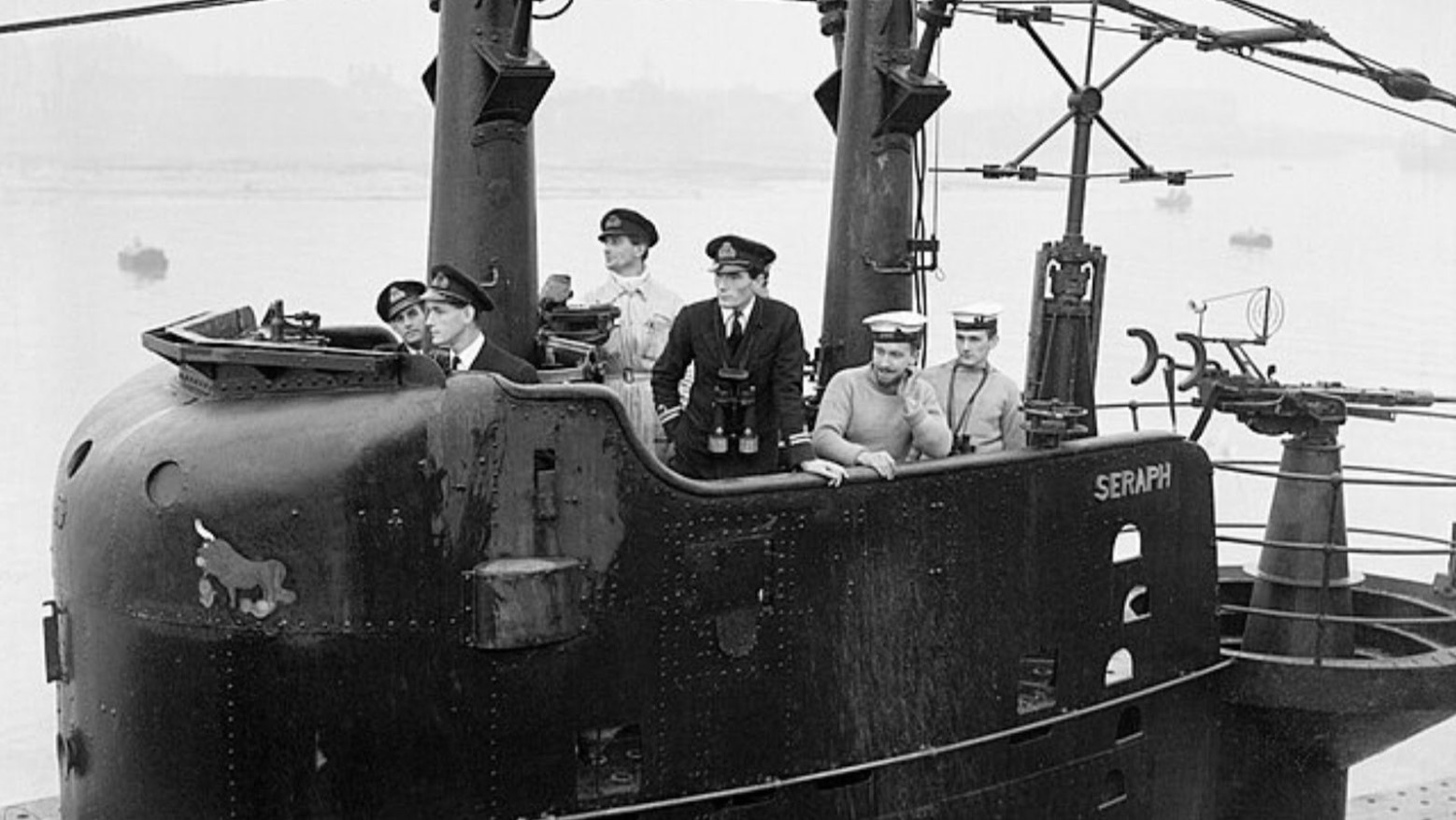
WWII occurred over 80 years ago, and many mysteries went on throughout that time. While some of these have since been solved, others remain a complete and utter mystery.
A Royal Navy submarine completely disappeared in 1942, about halfway through the war. It was not seen again for the next eight decades until very recently. A diver successfully located the submarine below water, which helped clarify some rumors about its disappearance over the years.
Port Chicago During WWII
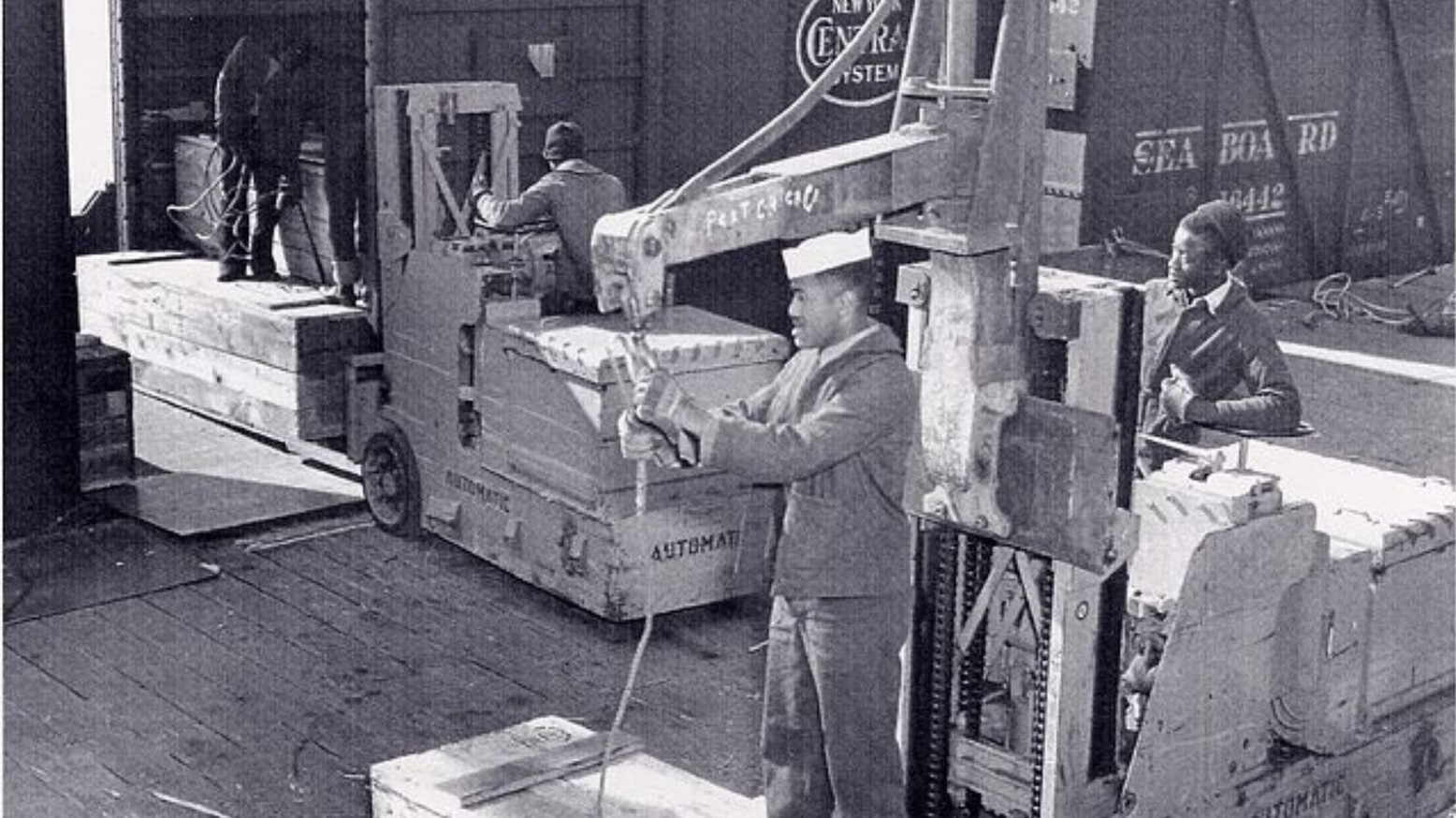
Port Chicago was a significant port during WWII. During the war, it was used as an ammunition supply site for forces based in the Pacific.
The black sailors loaded any ships that came into the port with ammunition supplies, and white officers oversaw the entire operation.
The Port Chicago Explosion
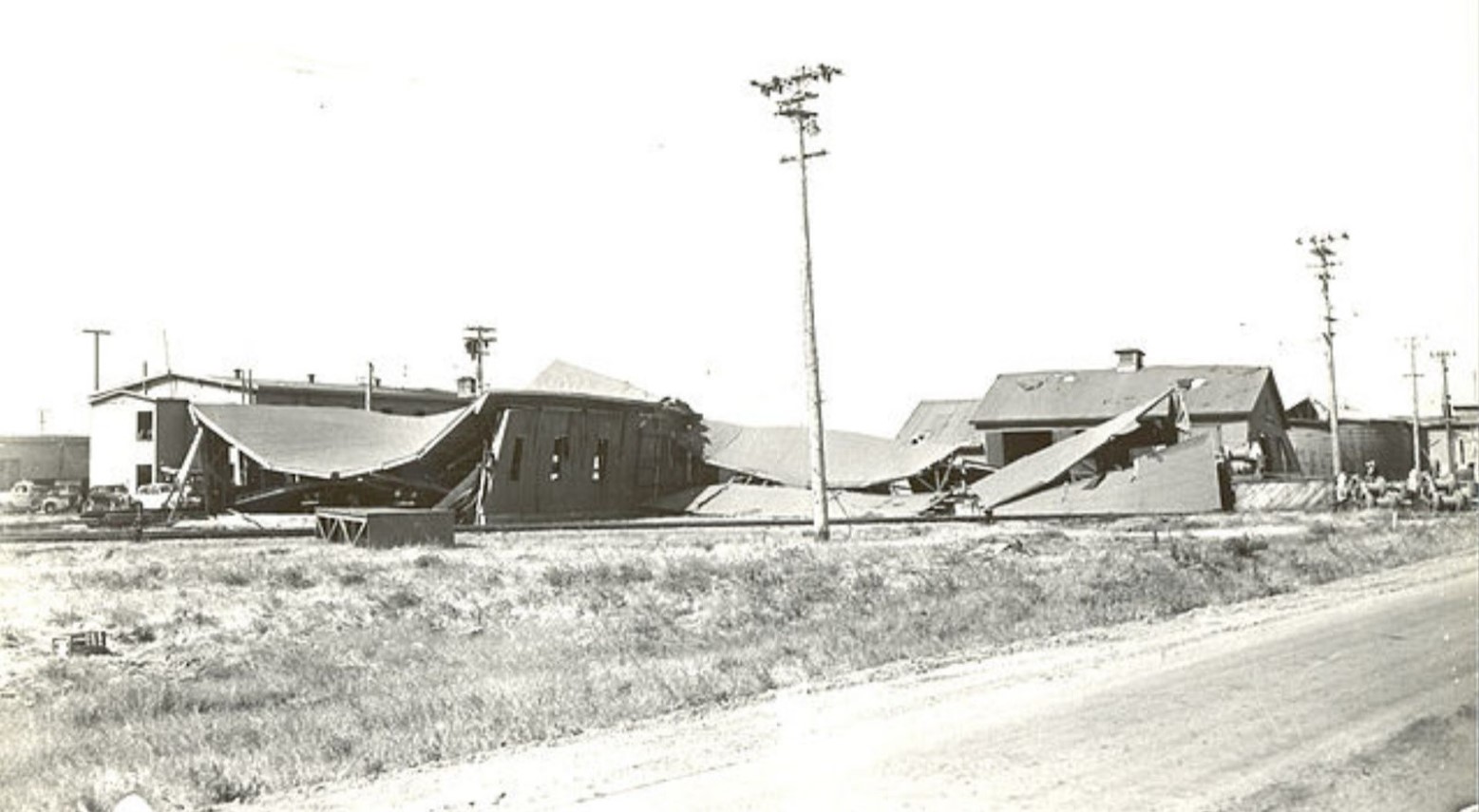
The Port Chicago explosion happened in California during WWII in 1944. The blast resulted in the killing of 320 people, and the black sailors who were working there at the time refused to return.
Their refusal was due to them deeming the area unsafe and not wanting to come to any harm while working. Their prosecution occurred at a time when the U.S. military was segregated, leading to a much harsher sentence than what they should have received.
What Caused the Port Chicago Explosion?
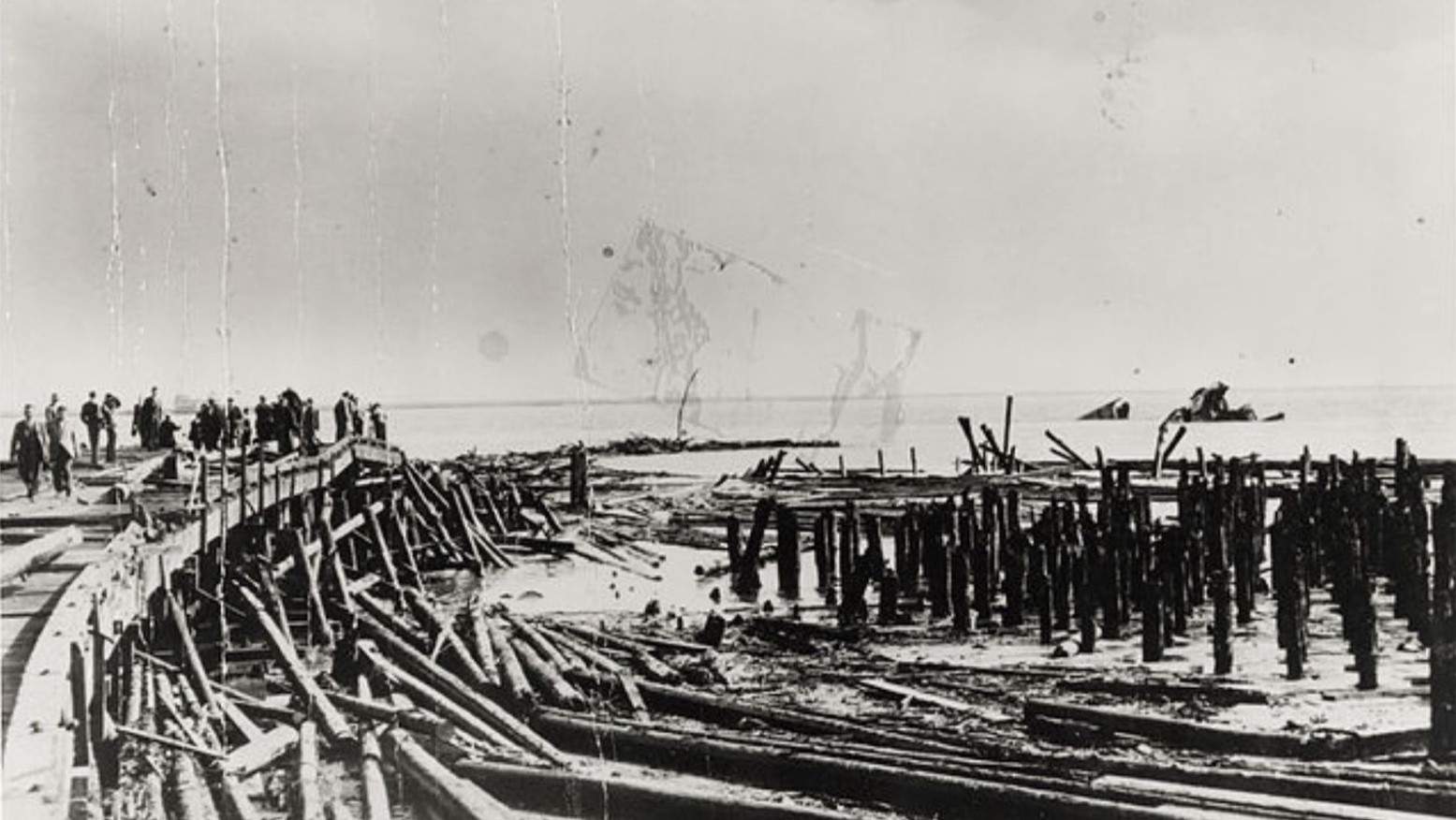
Despite seemingly being somewhat blamed for it, the Port Chicago explosion had nothing to do with the black sailors. It was caused by munitions that were being loaded onto a cargo ship that ended up detonating.
This caused secondary blasts, with 5,000 tons of explosives igniting at the port. The majority of those who were killed in the explosion were black.
Different Treatment of White and Black Sailors
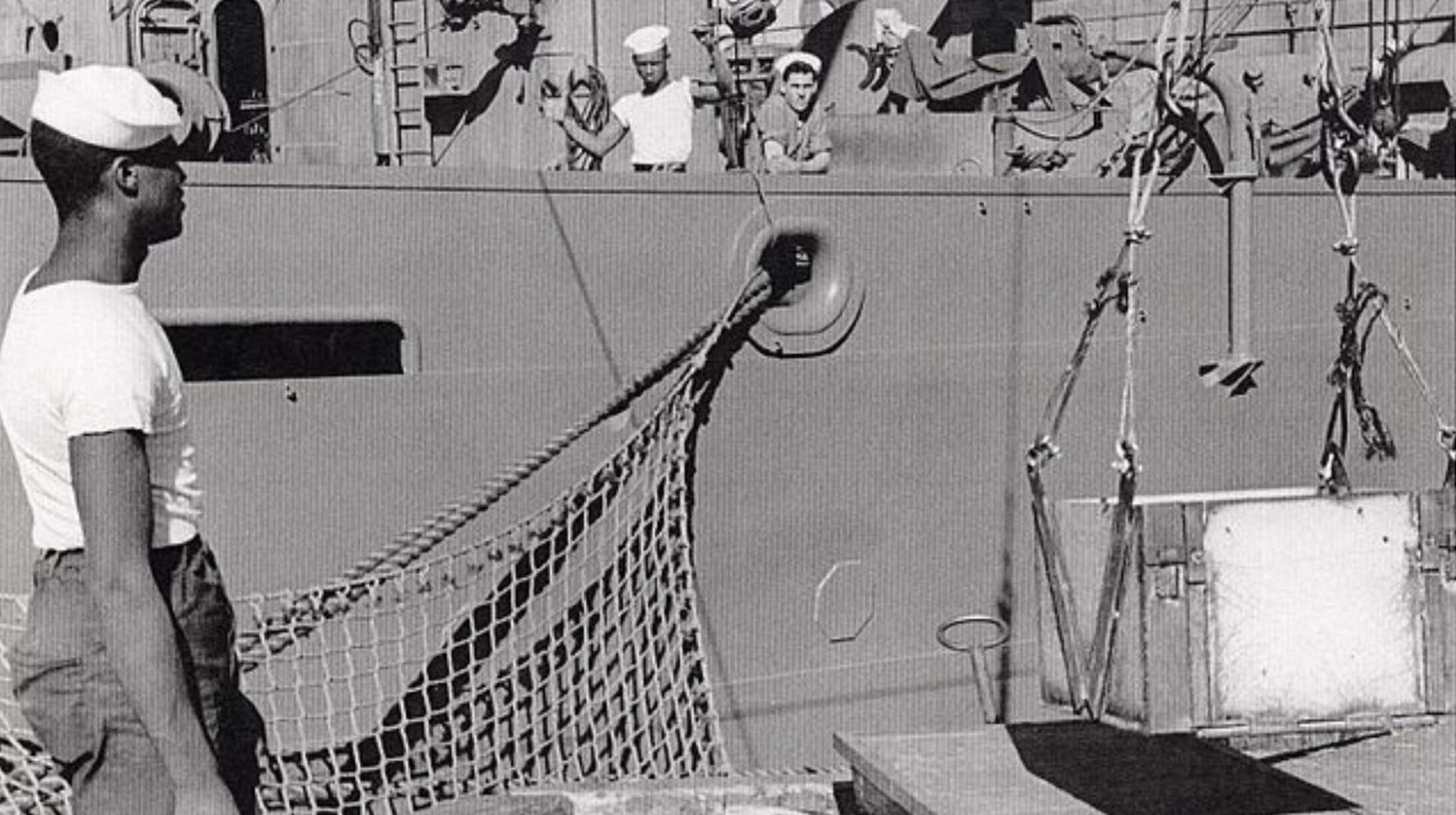
One of the key issues here was the difference in treatment between the white and black sailors. Black sailors and white officers were stationed at Port Chicago, as black sailors were not allowed to do any sea-bound jobs at the time.
When the incident happened, the Navy gave the white officers time off. However, the same luxury was not afforded to the black sailors who were told they had to return to work. When they refused, they were charged.
Threats of Disciplinary Action
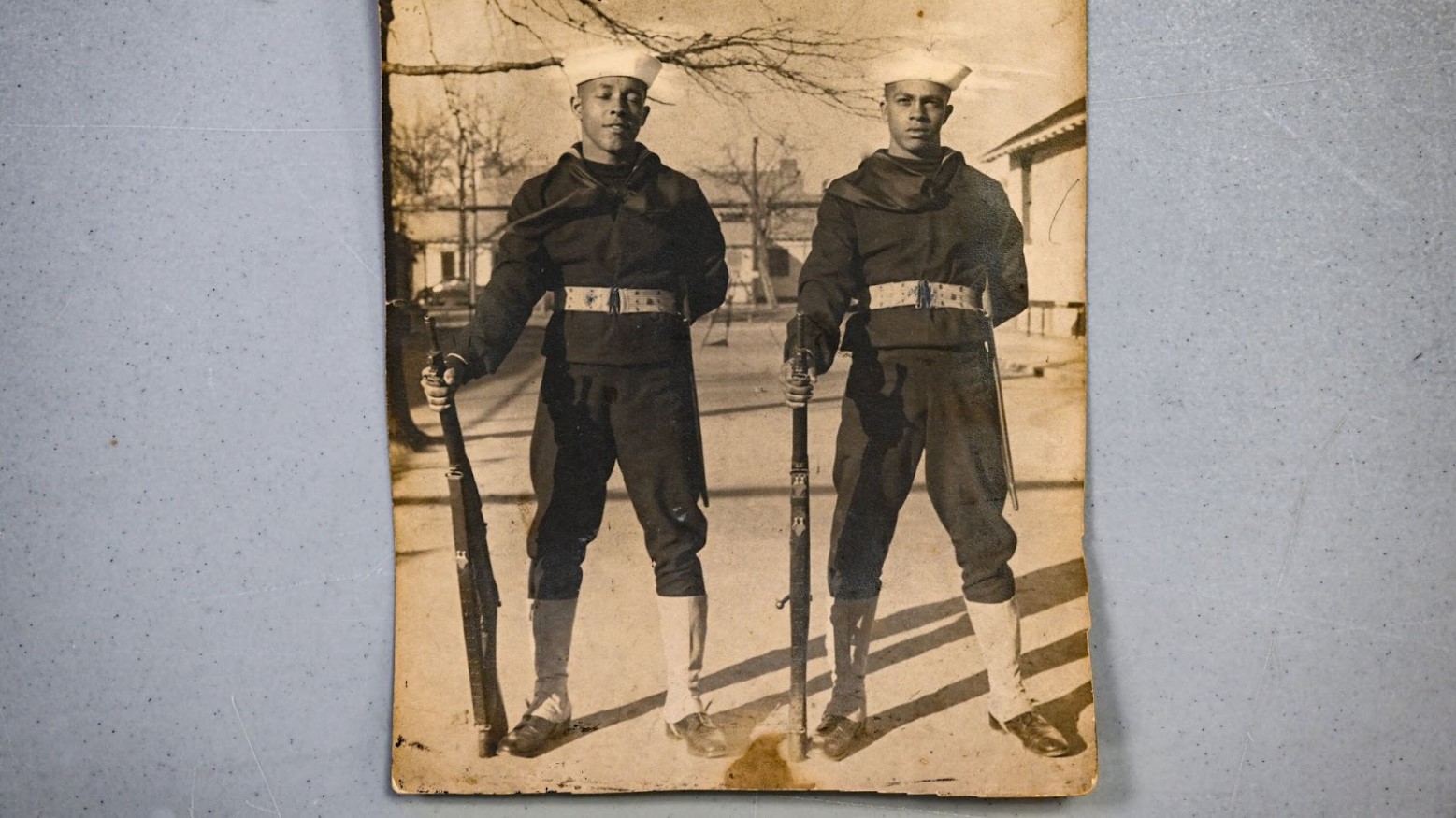
When they refused to come back to work, there were threats of disciplinary action on the black sailors. As a result, 208 of them decided to return to work as they didn’t want to lose their jobs or be charged with something that wasn’t their fault.
Those who did return to work were charged with a bad conduct discharge and refused three months’ pay. However, these charges were then dropped, and the length of the pay refusal was reduced.
Some Were Given Jail Sentences

The outlook differed for the sailors who refused to come to work and never bothered showing up. They ended up being given dishonorable discharges and received jail sentences.
The cases of these men were used as one of the primary drivers at the beginning of the civil rights movement across the U.S. They also helped ensure that the U.S. armed forces were no longer segregated.
Lawyers Tried to Intervene
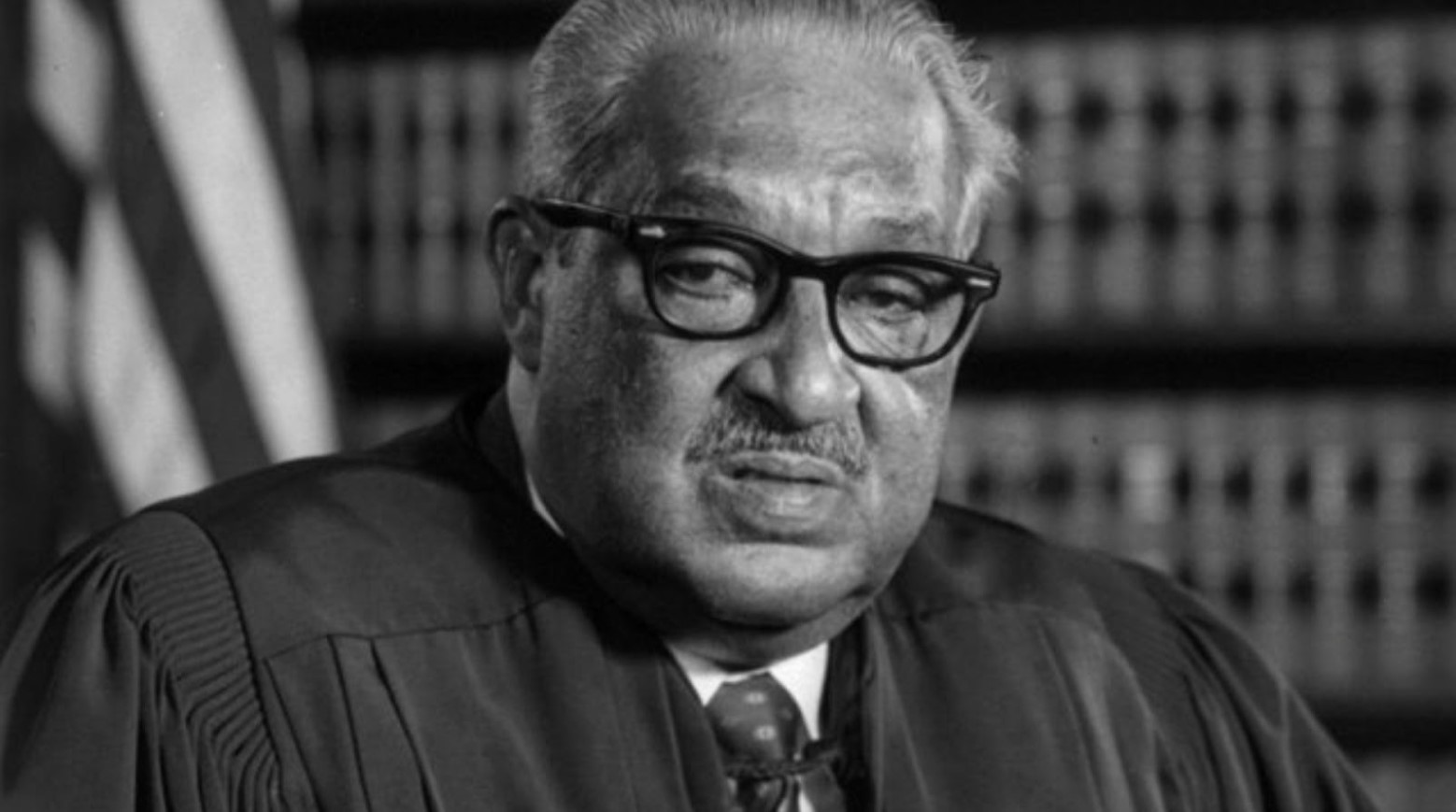
Due to the treatment of the black sailors, some lawyers at the time tried to intervene to prevent them from getting harsh sentences. One of these was Thurgood Marshall.
Marshall was working as a lawyer for the NAACP at the time and then went on to become a Supreme Court Justice. However, these attempts to intervene were to no avail.
The Sailors Have Been Exonerated
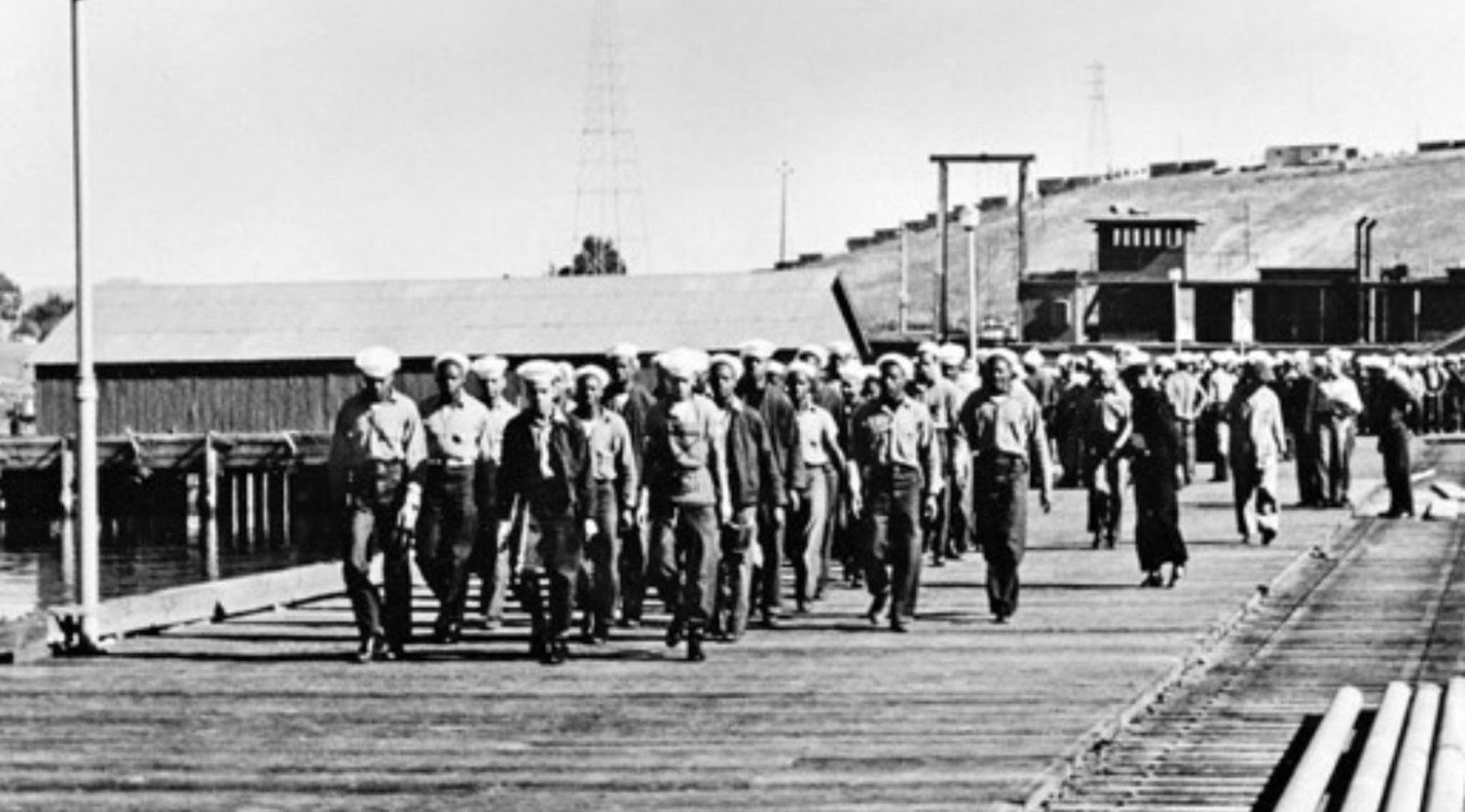
80 years on from this explosion, the sailors have been exonerated. This means they have been cleared of the accusation and freed from any guilt or blame they may have received.
The explosion was accidental, yet some blame was put on these sailors. In addition to the people who were killed, around 400 people were injured, and damage was caused to two ships and a train.
People Have Petitioned for Years
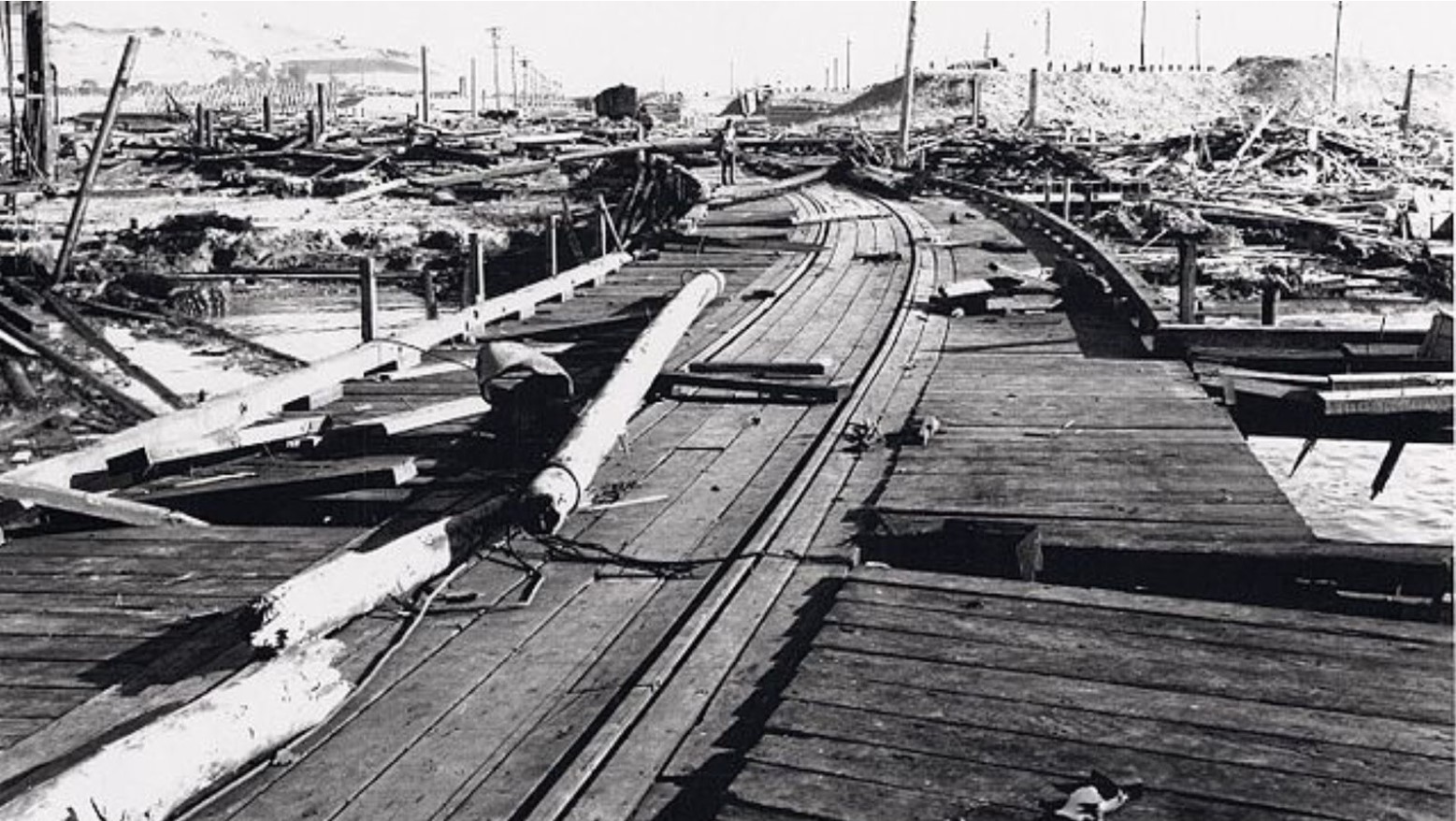
The news of the sailors’ exoneration came as good news for many, as there have been petitions and requests from family members, advocates and historians, who had made arguments that the punishments had racial undertones to them.
While it took them 80 years to get the results they wanted, and even though some might say it has taken far too long, the relatives can now live knowing that their ancestors did nothing wrong.
Righting a Historic Wrong
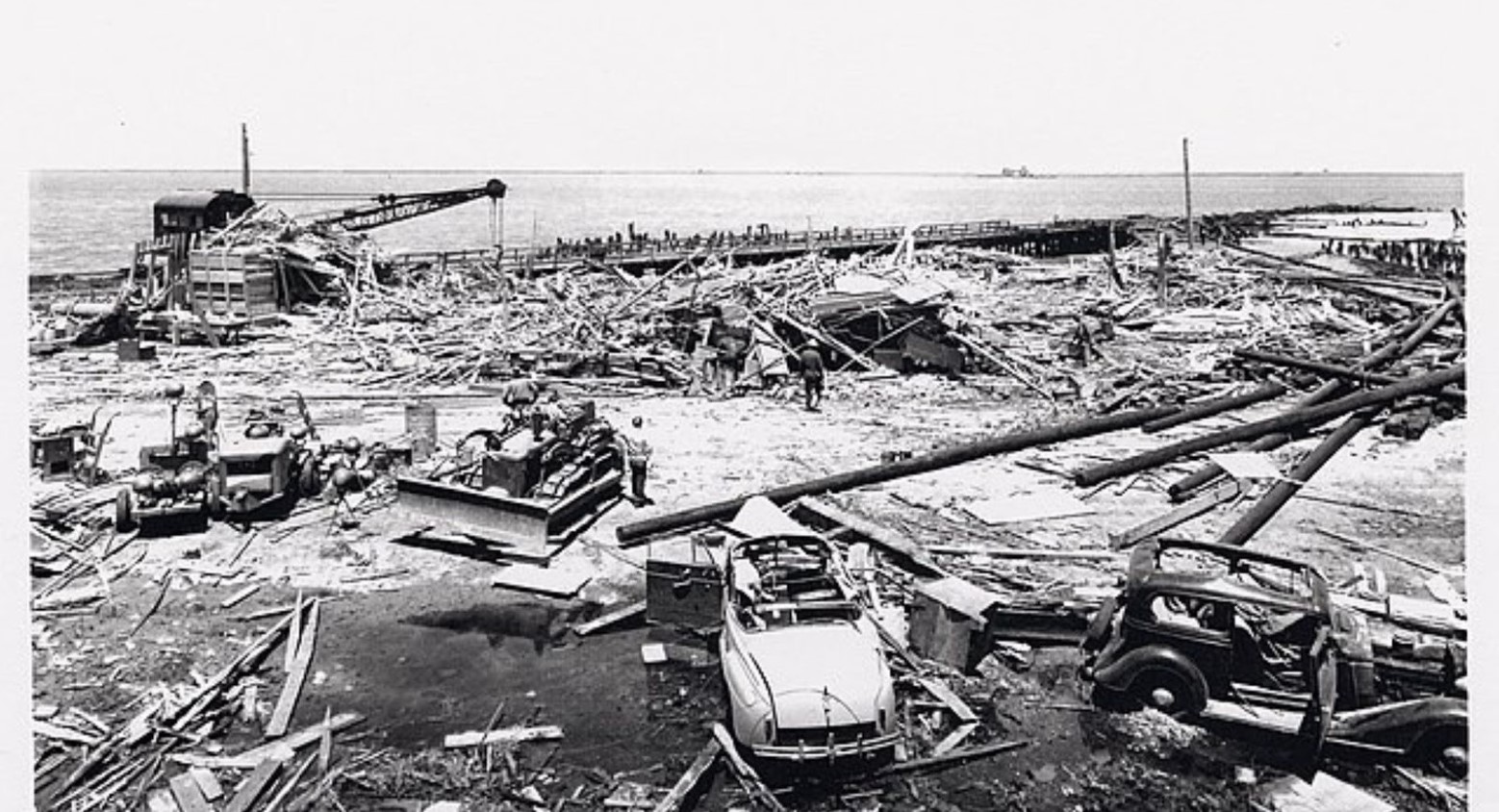
The exoneration of the black sailors is righting a historic wrong, as it finally puts their names in good faith. However, all of the sailors who received this exoneration died before they received it.
Even though they didn’t live to see the day their names were cleared, it is now written that they didn’t commit any crimes, and their families and friends can celebrate this historic moment for them.
